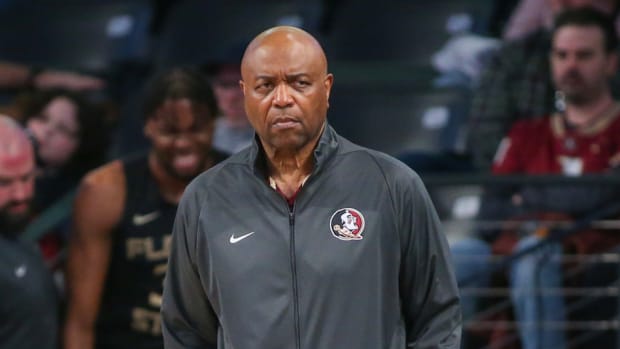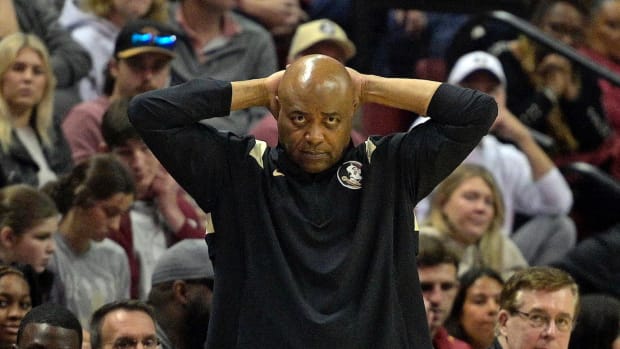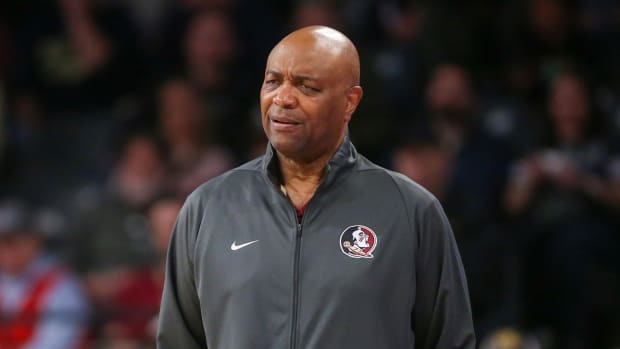New COVID Cases on ACC Campuses Casting Doubt on CFB Season
If you're eagerly awaiting a 2020 college football season, these aren't the signs you're wanting to read. Is the Atlantic Coast Conference, Florida State's home, still pushing forward with plans to play in the fall? Yes. The ACC, unlike the Big Ten, Pac-12, and the entirety of the FCS, is still planning on playing college ball this autumn, along with the SEC and Big 12. For now, anyway.
But by any objective metric, those hopes have taken a hit recently. Outbreaks have recently been publicized from North Carolina and Notre Dame, the latter being an ACC football member for 2020.
The ACC schedule was already trimmed down to a conference-only schedule, plus one non-conference game, and the Seminoles recently lost that non-con matchup when Samford opted out. The 'Noles are still looking to replace that contest, but the bigger question looms larger: if an ever-increasing number of ACC schools can't even conduct on-campus classes, can they they really ask athletes to participate in a high-contact sport like football?
UNC and Notre Dame are one thing. We wish the students, faculty, and staff there the very best. They've shut things down, at least for now, on their campuses. But the real issue involves the future. How many more schools will post similar results?
Moreover, what's the ACC's magic number here? How many shutdowns will it take for the conference to close shop for the 2020 season? And even broader, can college football continue if the ACC falls, and the majority of its power-five conferences are out of commission?




